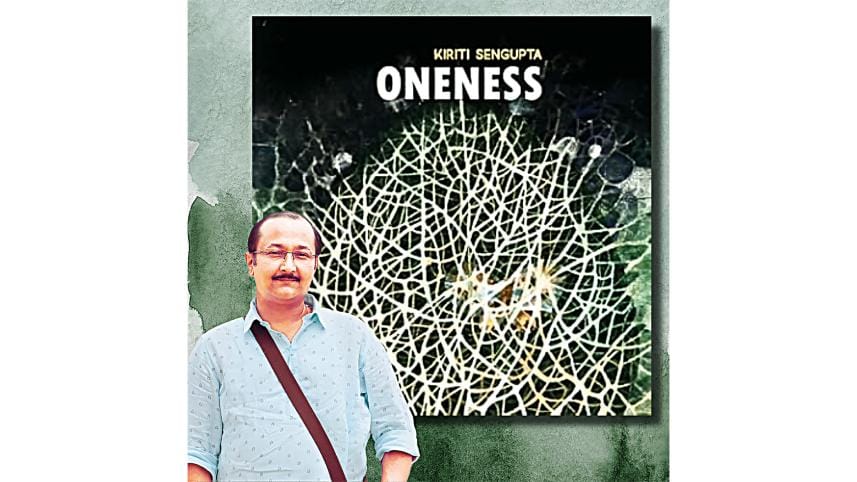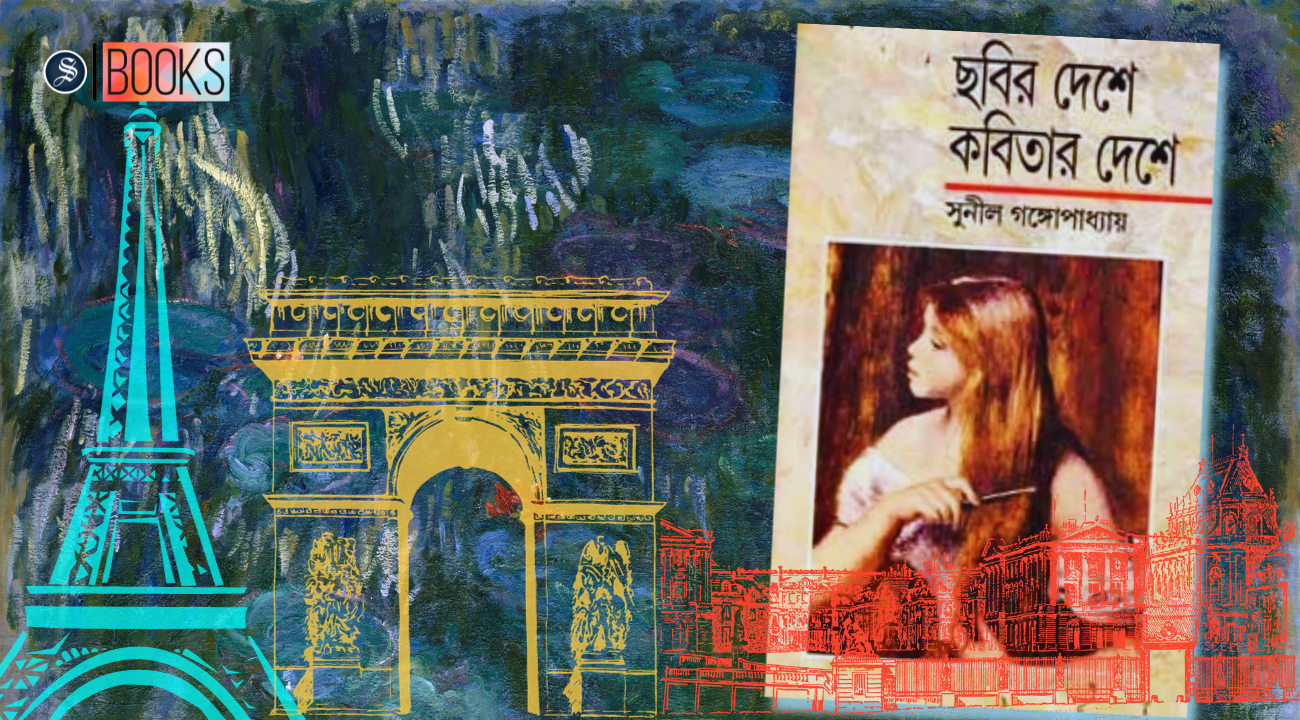Balancing the act of oneness and being one with oneself

Kiriti Sengupta is an award-winning poet, translator, editor, and publisher based in New Delhi, India. Oneness is his latest collection of poems. The seemingly unassuming thin volume does not prepare readers for the multi-sensory experience that is in store for them as they open the book. Even before one's mind and eyes get used to reading, the poet jolts readers as he writes "I rived my eyes / for inditing poems. / Would you reckon them / by their length?"
His style is more impressionist and natural. Sengupta's Oneness is a festival of feelings and emotions, which evokes an ambiance of celebration replete with different forms of poetry. The haikus blend well with the short poems and prose poems. Sengupta has mastered the artistic discipline of haiku poems, their minimal nature forces readers to pare down to only the essentials, internalising each word or even syllable count. He writes: "…descent of grace / the priest unburdens / the donation box". There is a focus on a brief moment in time, yoking together two heterogeneous images of the priest unburdening the donation box, and creating a sudden sense of revelation.
The volume also showcases Sengupta's aphoristic style and teases out the magic of words with great subtlety. The paintings accompanying the poems spread the colours of poetry and paint a memorable canvas for the readers. He writes about how the ordinary and the extraordinary fuse into oneness. Sometimes his lens captures a satiric angle:
"plagiarism—
the author examines
the reader's memory"
The accompanying painting is dramatic, the fiery red and the foliage are all frozen in time—creating an ominous atmosphere. At times, there is a personal touch when he speaks of the warmth of a woolen shawl that he uses during winter in Delhi: "Cold has an old-world spur to it. I tend to rest more with an inflated appetite. Drops of olive oil on my aging skin add to the impetus. Traditional cuisines cheerfully replace bland meals for the summer. I find warmth in shawls exuding the aroma of a fabric conditioner."
Sengupta is a contemporary poet, hence he weaves a feminist story of power and courage, breaking free of fashion stereotypes and bringing about a huge change towards body positivity in his poem "Antara Marwah Walks the Ramp":
"She is all smiles as she
treads, flaunting her baby bump.
The fashion parade
looms large in the new arrival."
Sengupta's ink also captures a moment of catastrophe:
"In the crematorium,
the priest asks me to
smear ghee on my
father's skin.
He ensures
the fire finds Baba luscious."
Along with the scent of ghee, the questions that linger in the mind of the reader are: Can the fire in the crematorium be put out and is there a hope of regeneration?
The illustration that embellishes the poem "Separation" uses a searching light leaving the shadow pitch dark. The black colour has accumulated on the paper to imitate the visual effect of a tree, loneliness or separation and to offer the impression that the landscape is suspended in nothingness. Sengupta writes:
"Only a little needs to be
invested in sketching the
worn-out tree. A charcoal or two,
canvas, and span.
I place myself amid the landscape
to explain the prevailing isolation."
Oneness merges visual art with personal narratives to create a space for reflection and discourse. Sengupta succeeds in making the abstract tangible, inviting his readers to ponder their places within the delicate balance of oneness and being one with oneself. The poetry collection comprising different forms of poetry is pinned together like a pointillist work. The cover painting by Samir Mondal and the illustrations by Pintu Biswas reinforce the reflective nature of Oneness.
Dr. Sutanuka Ghosh Roy is an associate professor of English at Tarakeswar Degree College, The University of Burdwan. She is a reviewer, poet, and critic who has presented papers at national and international seminars and has been published widely.



 For all latest news, follow The Daily Star's Google News channel.
For all latest news, follow The Daily Star's Google News channel. 

Comments